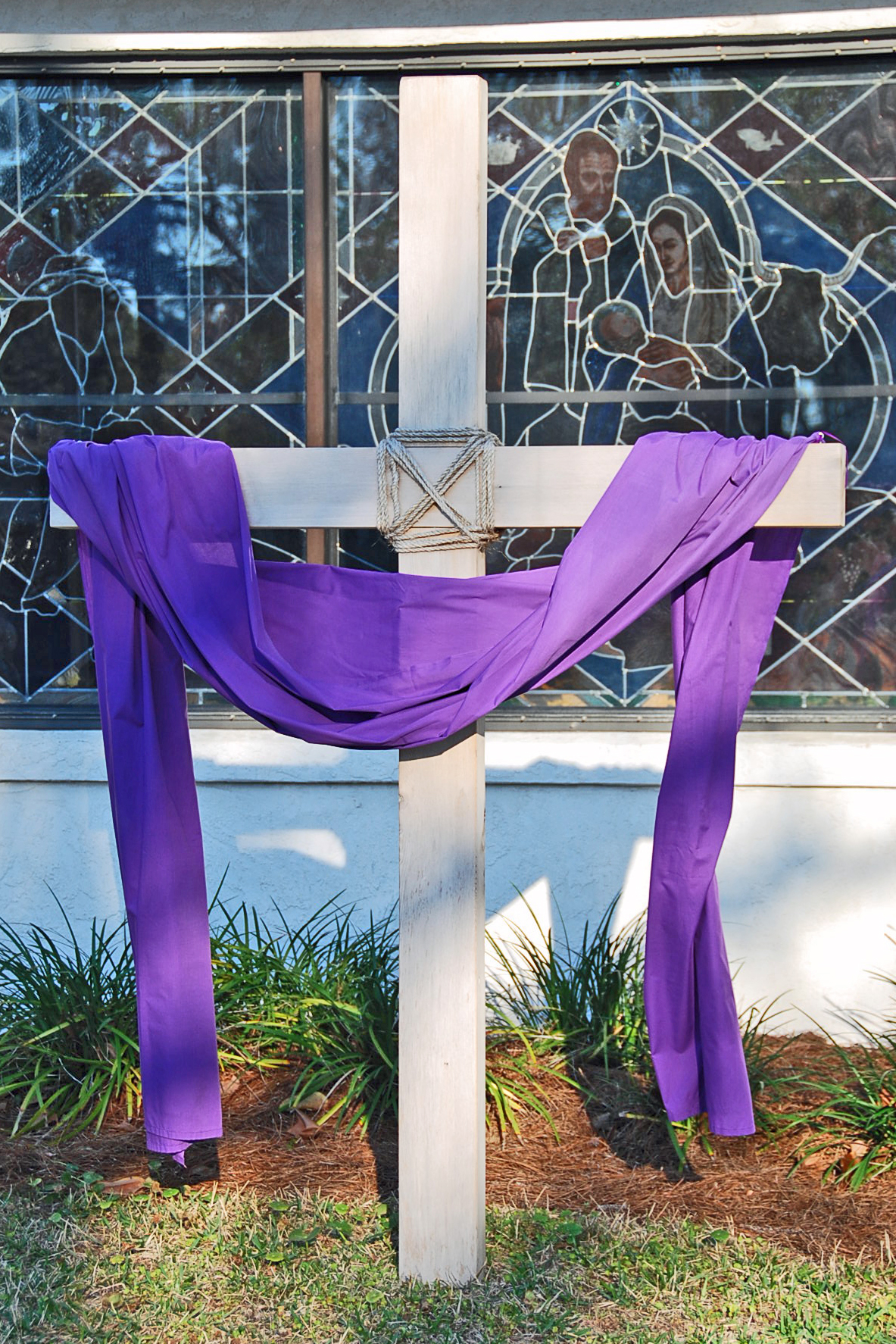Today is Mardi Gras (Fat Tuesday), the last day before the Lenten season of the Christian calendar.
My first exposure to Lent was with the 2002 film 40 Days and 40 Nights, during which the handsome brother of a priest decides to go without sex until Palm Sunday. If this is your first introduction to Lent, allow me to clue you in a little more gracefully.
Lent is the time leading up to Easter. In the Christian liturgical calendar it is a period of forty days (beginning tomorrow, on Ash Wednesday) devoted to spiritual preparation. During Lent we ready ourselves to receive Christ’s sacrifice on the cross with fresh meaning and significance.
I learned about Lent through the movies. Prior to that film I’m not sure I’d ever even heard the word before; or if I had, I certainly hadn’t registered it as having anything to do with me, with Christ, or with spirituality. And while I imagine every Catholic priest is rolling his eyes over the idiocy of Protestant clergymen, I think it’s telling that even a well-educated pastor could go for so long and not know anything about Lent.
It’s because no one cares.
Those who do know about Lent often describe it like receiving free kicks in the face. Now that I am paying attention, I notice that people mention Lent with dread and guilt. Something plays across their face like betrayal, as if they’re wondering: when did I sign up for this and how soon will it be over?
To push this point a little further, I read almost fifty books in preparation for Lent this year and found almost nothing of value in any of them. Because Lent is a season of self-denial in service to Christian maturity, I imagined that all the writing would focus on the maturation process, on new wonders of God’s grace, and fresh revelations of God’s mercy. In my naïveté, I thought that Lenten reading would scour the soul and prepare the reader for self-denial in exchange for spiritual maturity.
Nope.
In fact, the majority of everything I read seemed titillated with the idea that self-denial should produce no spiritual movement at all. These words of pithy wisdom cited monks and saints galore who cautioned us not to do something just for the sake of growing closer to God but to do it so we are further from ourselves.
I apologize for beginning our teaching on Lent with a rant. Maybe I’m just getting it out of my system, but maybe not. I really think the purpose of Christian spirituality is transformation, and I really want to be personally challenged, changed, and transformed this Lenten season.
So that’s what we’re going to talk about for the next 40 days: prayer, repentance, self-denial, and watchfulness in service to transformation. It’s about a strong desire to be changed over the period between Ash Wednesday and Palm Sunday, the time our spiritual predecessors referred to as the holy spring, the time of bright sadness. It is a time when we focus all our energies–indeed, we muster them more than we could perpetuate throughout the year–on Christ’s sacrifice and our acceptance of his grace. We do this in preparation for what comes right after Lent: Easter, when he died, was buried, and rose again, changing everything.
Everything must change, because it already has.
We’ll be posting daily devotionals during Lent to help you process the gravity of Christ’s sacrifice and of your sin. But it is more than that. It’s not just about feeling crummy. It’s about hope. It’s about helping you receive and be transformed by the remarkable power of Christ’s gift and grace. It’s about teaching you to carry a spotless heart through the borders of a stained past. It’s about helping you stand up, freely, and shrug off the guilt for which you have already been forgiven. It’s about experiencing joy and light and laughter, because there’s no longer any point living in the dark.
So I’m envisioning myself sitting in my office with you sitting on my couch. We’re both drinking coffee (or water, if you’re one of those) and we’ve got lots of time. You’re asking me all kinds of questions and I’m trying to answer those questions in ways that will actually help you in real life. I’m not thinking too much about the top-shelf theology that I love to immerse myself in, teasing out abstractions like I’m crocheting catechesis, nor am I overly concerned with clever metaphors and pop cultural antecedents to the biblical narrative. I’m just sitting here, with you, trying to help you uncover life with Christ as it happens.
So with that in mind, grab your pen and your notebook and let’s reason together about the meaning and the significance of these forty days prior to Palm Sunday and to Christ’s sacrificial death on the cross. We’ll start with the four hallmarks of the Lenten season–repentance, prayer, self-denial, watchfulness–and then move into some further biblical and personal exploration.
This post is from Seasons of Christian Spirituality.
fossores
Related posts
Categories
Category Cloud
Tag Cloud
Recent Posts
- Victors and Victims November 6, 2018
- 3 Hacks for Happiness October 29, 2018
- Hope Against Death September 20, 2018
- The Shape Of The Cross September 19, 2018


